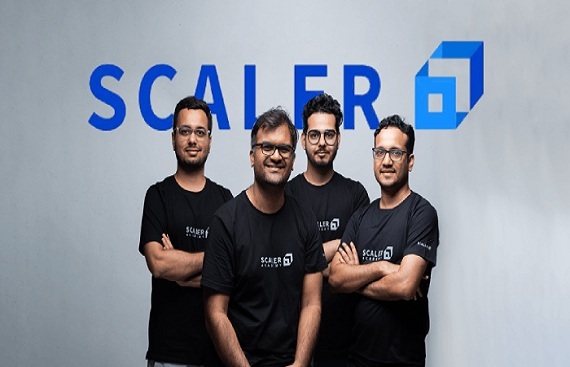Delhi-based Pepcoding is purchased by Edtech Scaler in an undisclosed transaction
By
siliconindia | Wednesday, 31 May 2023, 09:05 Hrs

Scaler, an edtech startup, declared its acquisition of Pepcoding, an education platform based in Delhi, in a move aimed at enhancing its business ecosystem. The exact financial details of the transaction were not disclosed. The acquisition of Pepcoding by Scaler is anticipated to drive growth and provide substantial support to multiple business units, including strategy, product design, B2B enterprise, and operations, among others. This marks Scaler’s fourth acquisition in the past two years, following AppliedRoots, Coding Minutes, and Coding Elements.
Sumeet Malik, the co-founder of Pepcoding, has joined Scaler as an instructor and content creator to enhance the learning experience, particularly in the low-level design (LLD) curriculum. Several other employees from Pepcoding have also joined Scaler as full-time members, contributing their expertise to various teams within the organization.
“Sumeet’s team has demonstrated a unique ability to stay true to its core ability to transform the learning experiences of young engineering students. Their experience with undergraduate students will come in handy to our recently launched residential undergraduate programme, the Scaler School of Technology. Their diverse talent pool and Sumeet’s extensive industry expertise will help accelerate the pace we are working towards achieving our vision and mission,” said Abhimanyu Saxena, cofounder of Scaler.
Scaler has garnered support from renowned global investors such as Sequoia Capital India, Tiger Global, and Lightrock India. The edtech startup has successfully extended its presence across both India and the United States, establishing a strong foothold in these regions.
“Like Scaler, we are excessively focused towards the success of our students and firmly believe the nation has enough raw talent to one day build products and companies that will dominate the world, similar to what organisations like Google, Microsoft and Uber have done. All they need is the appropriate direction and access to opportunities,” said Malik

